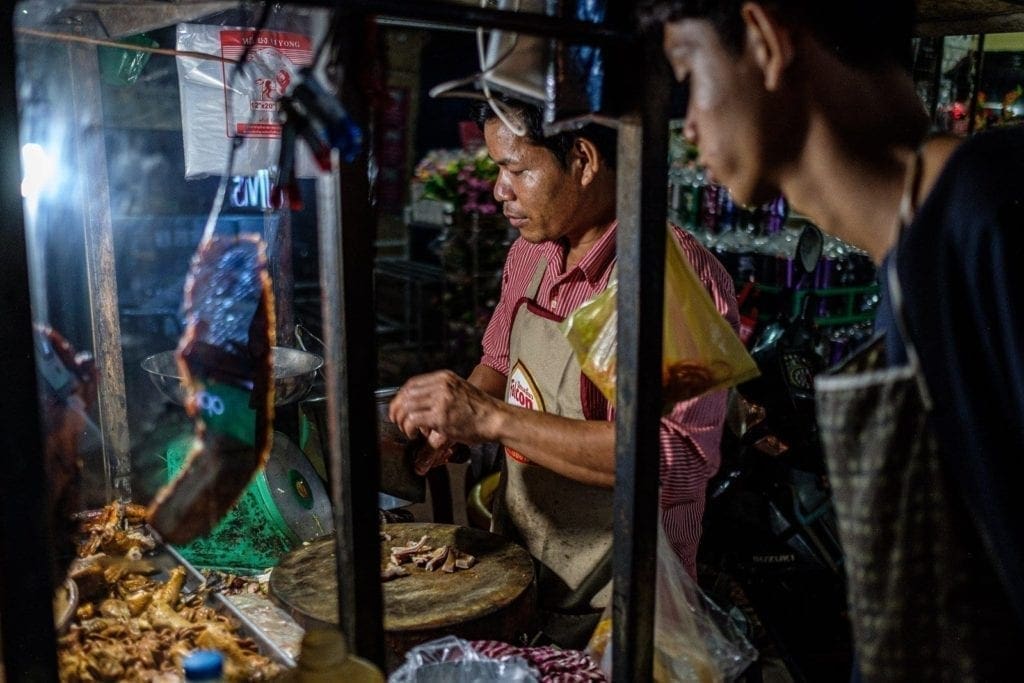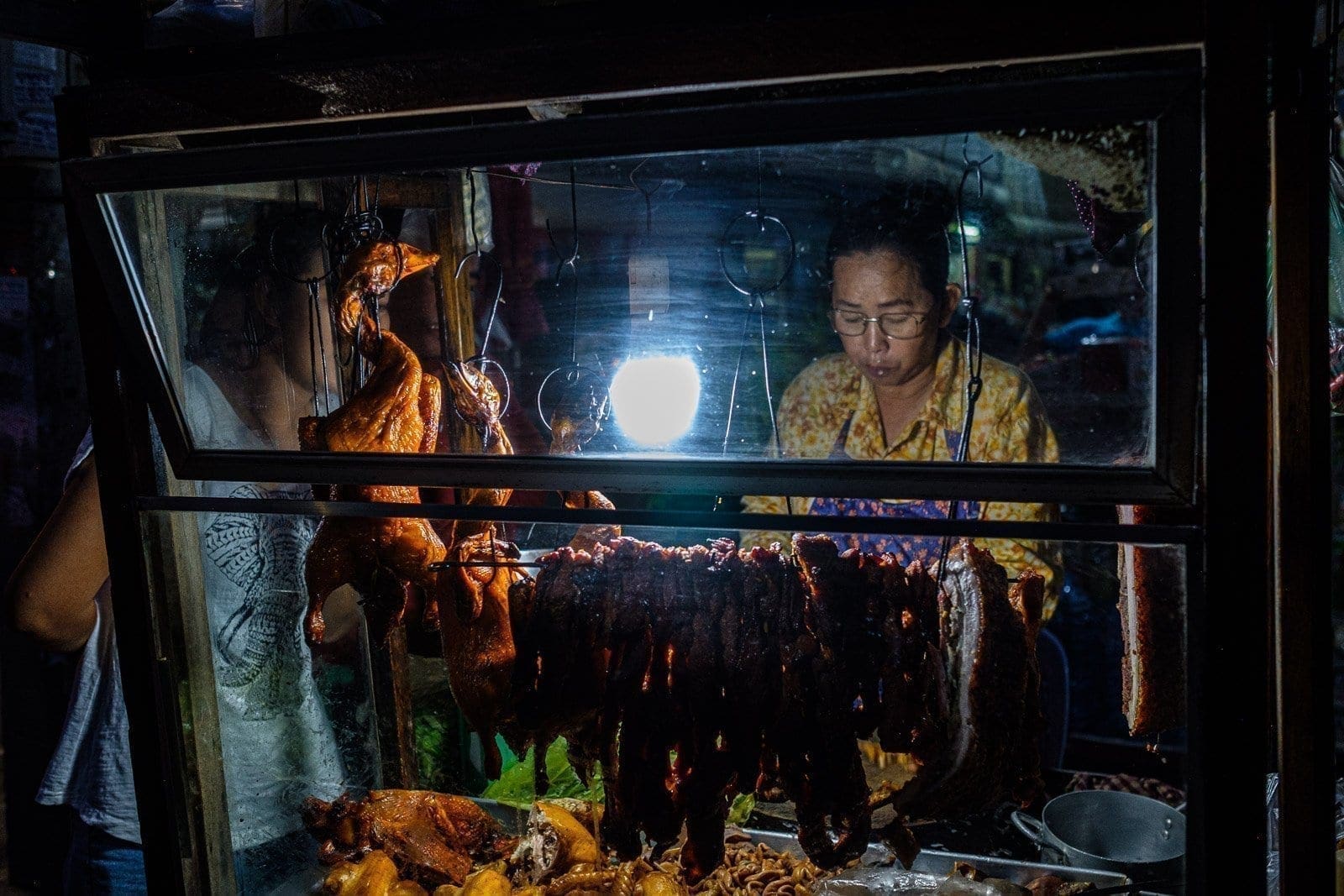Cambodia Journals | Kampong Cham, 28 August 2019
In the time spent in Kampong Cham, there was an opportunity to stop the legs and let the thoughts run. A necessary operation to rest the body and revive the spirit. For this reason, today’s journal does not report Cambodian stories but will take its cue from them to try to understand some of the photojournalist’s intimacies.
In my profession as a photojournalist, at least in the way, the job has ‘fallen on me‘ – to paraphrase the late Marco Pesaresi – you have the great fortune to travel the roads of the world with an eye that does not belong to ordinary people – because we are not all straight.
We do this with a curiosity that is part of our doing, a research that is a desire to tell and not just a lust for knowledge.
In the job of a photojournalist, the photograph itself is only the concluding act of what you have understood. It can only be one sentence of your narrative, not the narrative itself. And, for this to happen, you need to let your senses, perceptions, and cognitions run free.
Free your eyes to choose to look at what you are only inclined to see. Free your hearing to catch the nuances of whispers or the shrillness of voices. Free your touch in the attention and awareness that your hands are just as important as your eyes as a reporter. It frees the taste to recognise good sensations even when you know you are about to eat lousy things. And, perhaps most importantly, free your sense of smell even when the stench of rot in a market or village might distort your perception of beauty.
One life, daily, with a dichotomy of thoughts, an astrolabe of sensations, and memories. Of stories heard and reported, told and retold. Stories of people as we are, but it is not our story. We enter the homes, the experiences, the lived experience of other men and, for an instant – or many moments – we become part of it, like ghosts free to move in the nerves of empathy.
Stop the moment we deem useful, narratable, and capture its essence with a photograph, in the desire to bring home not the experience, but the story, the fragment.
And it is in that fragment that we leave a part of us. And over time, it can consume us. Getting dirty.
In those photographs, there is not only the narrative of a fact or a life. Also present in those photographs is a small part of the life of the reporter who has chosen to live one-and many-from the lives of others.
And there is nothing epic about that; in fact, many times it is just naiveté that something can change. Arrogance may serve while, in reality, fattening the bellies of other non-starring but Oscar-winning actors.

The photojournalist is hungry.
And this is where synesthesia comes in.
The photojournalist is hungry.
And just as hunger pangs sharpen other senses, we carry in the bag that belongs to us and that we cannot shake off, all the senses that, at times – as if they were small ischemia -, clash together and provide sparks. A synesthesia, indeed.
And so it happens to you that while visiting a market in a town or village, the strong smells of poorly preserved and end-of-life food trigger in you the memory of other places and another experience. And you feel it in your hands, in your head.
It happens to me that the smell of sweet and sour onions brings to mind the acrid, sweet smell of a burnt body in a war zone. And in that vivid and tangible memory, a charge of adrenalin flows through my body. The same one I carry myself in that situation.
Or, at the touch of a crepe skin, I immediately catch in my nose the scent of cardamom and incense from the Middle East.
They are our little weaknesses. They are part of the choice – and its consequences – of doing this job. Part of the reason why we go in search of stories to tell knowing that we will be marked by them. Because that stain is a kind of compromise with the world we plow through, for the photograph we bring back home.
A price to pay for feeling alive, donating the time we consume in recounting the lives of others for the proof that we are alive and can shout it out.
The photojournalist, in his journey, thinks about the next story to be told, already knowing its price.
Normal people, on the other hand, only think about the next trip.


